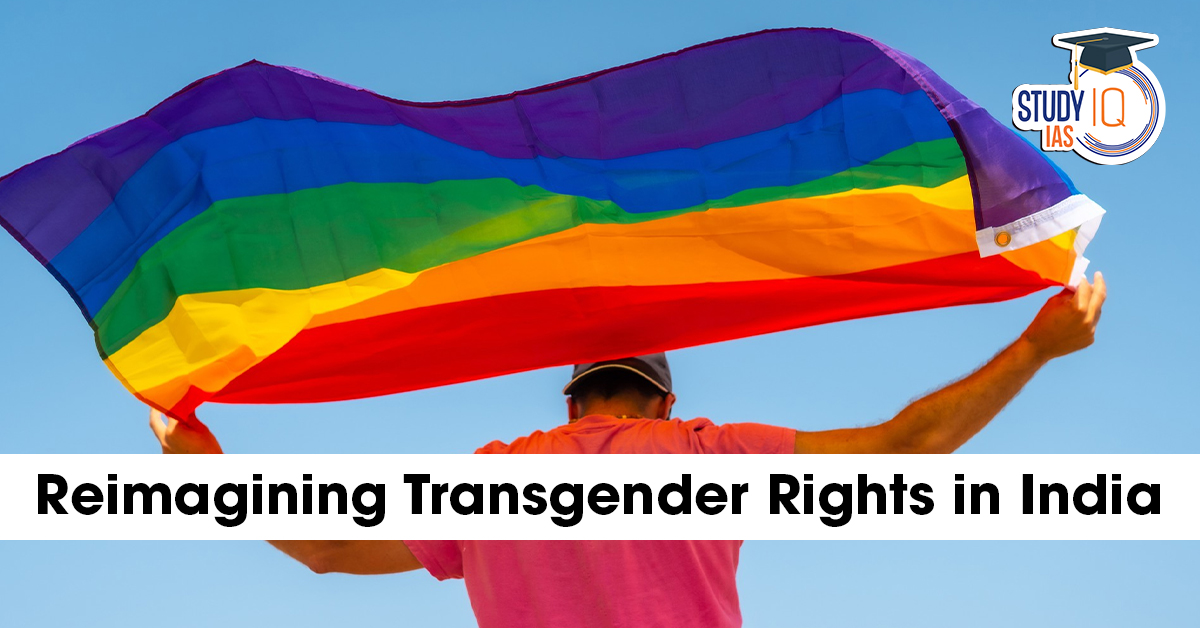Table of Contents
Context
Despite progressive legal reforms, transgender persons in India continue to face systemic exclusion in education, employment, housing, and healthcare, highlighting the urgent need for inclusive policies and meaningful political representation.
Challenges Faced by Trans People
- Social Exclusion and Stigma: Families often abandon trans children. They face ridicule in schools, markets, workplaces, and public transport.
- Education Barriers: Bullying and discrimination push many out of schools, reducing access to higher education. Inclusive curricula and safe environments remain scarce.
- Employment and Economic Insecurity: Quotas exist on paper, but real benefits are minimal due to bureaucratic hurdles and corruption. Many are forced into begging or sex work for survival.
- Housing Discrimination: Finding rental accommodation is extremely difficult. Landlords hesitate, neighbours oppose, and societies ostracise them.
- Healthcare Access: Gender transition is expensive and rarely covered under public healthcare. Mental health services are inadequate. Lack of trained medical professionals in gender-affirmative care.
- Safety in Public Spaces: Harassment in buses, trains, and public places is common, making daily life unsafe.
- Political Underrepresentation: Very few trans persons hold public office. Policies are often made for them but rarely with them.
| Steps Taken by the Government |
|
Way Forward
- Education Reform: Inclusive curricula, anti-bullying protocols, and targeted scholarships.
-
- Safe learning environments with trained teachers.
- Healthcare Access: Publicly funded gender-affirmative healthcare (surgeries, hormone therapy, mental health).
- Training doctors and counsellors in transgender health needs.
- Economic Empowerment:
- Strict enforcement of anti-discrimination laws in workplaces.
- Reservation in public employment and targeted skill-development programmes.
- Incentivise private sector hiring.
- Housing and Public Safety:
- Anti-discrimination protections in rental housing.
- Safe public spaces through awareness campaigns and stricter enforcement.
- Political Representation:
- Seats for trans persons in local bodies, Assemblies, and Parliament.
- Inclusion in boards such as media, education, and health councils.
- Community Participation in Policy:
- Policies must be shaped with trans voices, not imposed on them.
- Involve trans-led organisations in design and monitoring of schemes.


 Grammy Awards 2026: Full Winners List, H...
Grammy Awards 2026: Full Winners List, H...
 World Wetlands Day 2026: Theme, History,...
World Wetlands Day 2026: Theme, History,...
 Union Budget 2026 Highlights: Key Announ...
Union Budget 2026 Highlights: Key Announ...

























